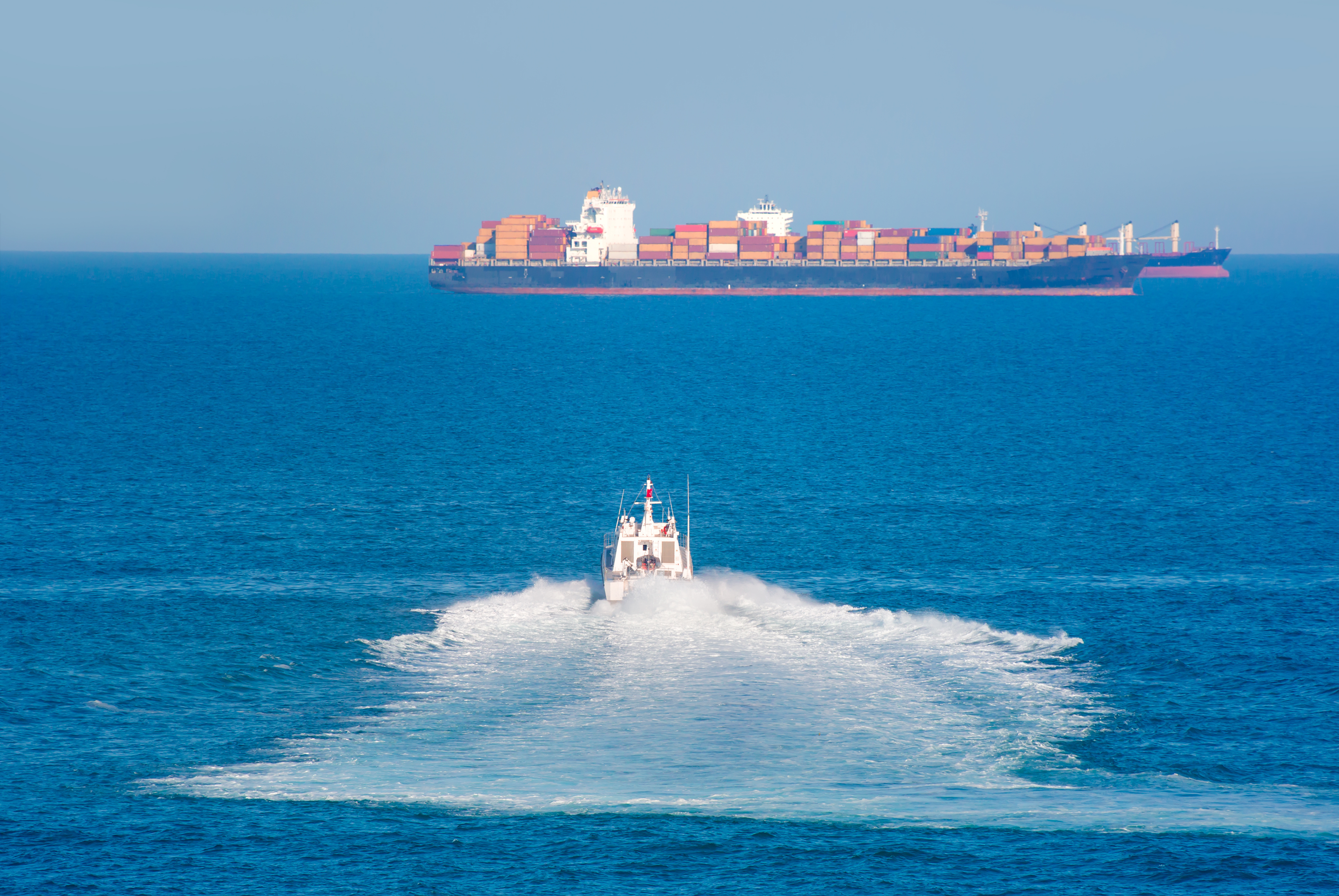The African Union (AU) has said most countries in West and Central Africa are sea blind as they focus on security on land and abandon those in the maritime domain, which is affecting the global community.
This is just as AU commended Nigeria’s security architecture in addressing maritime insecurity in the Gulf of Guinea (GoG), which saw her delisting from piracy-prone countries by the International Maritime Bureau (IMB) following the significant reduction of piracy over the last seven years.
This was disclosed at a Meeting of GoG Heads of Navies/Coastguards for the 2023 Presidential Fleet Review at the Naval Dockyard in Lagos on Monday.
Chairperson, Peace and Security Council (PSC) of the African Union (AU), for May 2023, Ambassador Rebecca Amuge Otengo, said Africa is water blind, which has been ignored and has seen a lot of conflict coming from its water resources.
She said Africa often issues communiqué and depends on regional mechanisms and member states to come up with implementation strategies that have not been effective.
Otengo, who is also the Permanent Representative of the Republic of Uganda to the AU, advised Africa, which accounts for about 80 per cent seaborne trade, must secure its waters and make it safe.
She, however, noted that the continent should leverage the blue economy initiative, which is enough to keep Africa safe for centuries.

Commending Nigeria for the feat achieved in tackling maritime insecurity in the GoG, she said, “I appreciate Nigeria for the work done on maritime security. Nigeria chaired the PSC and picked up the issue of security in our maritime domain and their strategies through the Nigerian Navy have seen successes.”
Permanent Representative of Ghana to the AU and the Economic Commission for Africa, Amma Twum-Moah, also noted that most coastal countries in West and Central Africa are sea blind as they concentrate their security on land and abandon activities in the maritime domain.
She also noted that many countries don’t have laws to prosecute maritime crimes, saying, “They cannot pretend all is well in their waters. Those resources of the maritime domain can be harnessed for the good of our country.”
Twum-Moah said there is a need for countries in the GoG region to work together to respond to some of the distress and challenges.
She noted that the responsibility of ensuring the security of the maritime domain should not only be for a particular country, especially if the country cannot tackle the problem alone and urged governments of member states to pay attention to their citizens to discourage them from crime, noting that unemployment and poverty are the major causes of maritime crimes.
Twum-Moah added that when governments attack the problem from possible angles, the challenges would end. Meanwhile, the Minister for Defence, Bashir Magashi, at the 2023 Presidential Fleet Review Maritime Discourse held earlier, said it is imperative that Nigeria builds a virile, forward-looking and responsive naval force, capable of safeguarding the nation’s maritime environment.
He said the environment is where die-hard criminals are resolute on carrying out nefarious activities with a detrimental effect on the mainstay of the nation’s economy.
Also speaking, Chief Of Naval Staff, Vice Admiral, Awwal Zubairu Gambo, said the prosperity of nations, particularly littorals, is inextricably linked to the huge resources derived from the maritime environment.
He noted that any impediment within the environment due to the unavailability of a prepared naval fleet would have undesirable consequences on the economic survival of nations.
According to him, these amongst others, are compelling reasons to further explore and unwrap formidable factors that can guarantee a prepared naval fleet poised to ameliorate maritime insecurity for prosperity.
Source: The Guardian Nigeria





